Can VPN Be Blocked? How To Prevent & Stop VPN Blocks
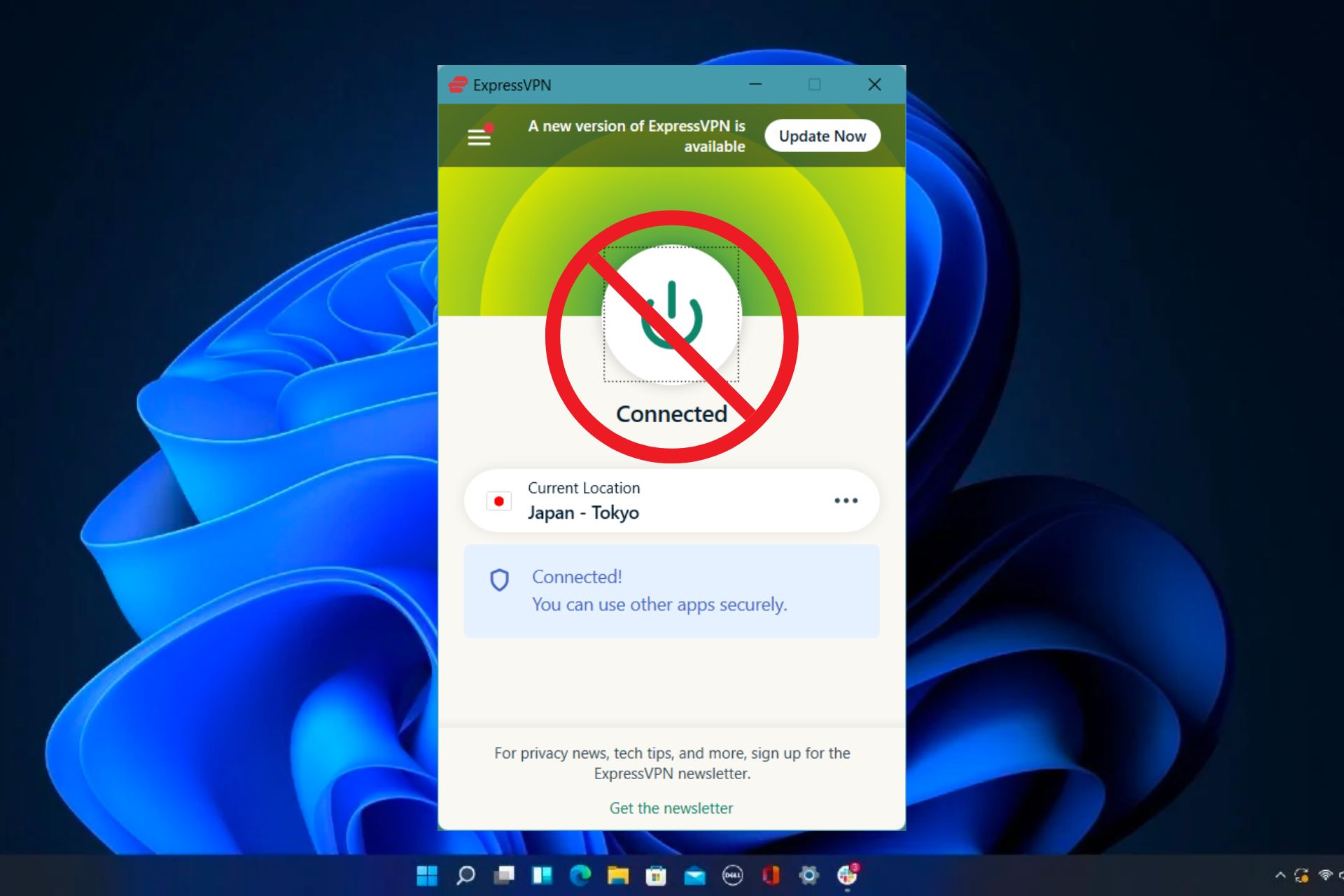
Can VPN be blocked? How do ISPs, network admins, and governments block VPNs?
VPNs help keep your online identity private and bypass restrictions. But it’s possible to block them, rendering their features useless.

Access content across the globe at the highest speed rate.
70% of our readers choose Private Internet Access
70% of our readers choose ExpressVPN

Browse the web from multiple devices with industry-standard security protocols.

Faster dedicated servers for specific actions (currently at summer discounts)
However, some VPNs can still get around detection. While VPNs are useful, they’re not always foolproof. It’s important to understand how they can be blocked to stay safe online.
Can VPN be blocked?
Yes, VPNs can be blocked using methods like Deep Packet Inspection, Port Blocking, and Firewalls. Governments and institutions employ these to control internet access, limiting VPN effectiveness in some places.
VPNs create a private tunnel for your internet data. This hides what you’re doing online from others.
But, even though VPNs are clever, there are ways they can be blocked through various methods:
- Deep Packet Inspection (DPI): DPI meticulously examines internet data packets, distinguishing between regular and VPN traffic. If VPN traffic is detected, it’s blocked or redirected.
- Port Blocking: ISPs or network administrators identify and block ports used by VPNs, preventing VPN traffic flow.
- Firewalls: These systems monitor network traffic, identifying and blocking VPN patterns.
In countries with strict internet censorship like China, Iran, and Russia, the government uses these methods to control what can be accessed online.
On a smaller scale, schools and workplaces use similar techniques to prevent the use of VPNs on their networks. This is often done to enforce internet usage policies, preserve bandwidth, or prevent access to non-productive or inappropriate content during school or work hours.
How to prevent VPN blocking
To make sure your VPN can’t be blocked, use strategies that help it get around restrictions and stay connected securely
- Use a Dedicated IP
- Request a dedicated IP from your VPN provider.
- Set it up following their instructions.
- Dedicated IPs reduce the chances of being blocked.
- Switch Servers
- Open your VPN app.
- Select a different server location and connect.
- Changing servers can bypass blocks targeting specific IP ranges.
- Choose safe VPN protocols
- Go to your VPN’s settings.
- Select protocols known for bypassing blocks, such as OpenVPN, WireGuard, or IKEv2/IPsec.
- These protocols are harder to block due to their advanced encryption and tunneling methods.
- Use Obfuscated Servers
- Check if your VPN offers obfuscated servers.
- Enable this feature and connect.
- Obfuscated servers hide VPN usage, ideal for highly restricted networks.
What to do if your VPN has been blocked
If your VPN is being blocked, you can try some tricks to get your unblocked VPN and bypass the restriction.
Keep in mind that it’s not always clear why your VPN is being blocked, so you may have to experiment with the settings.
- Run DNS leak test with ExpressVPN – See whether you leak information to avoid being detected.
- Switch servers – Specific locations based on needs or Smart location and Recommended locations.

- Change Protocols – Choose the protocol differently when streaming, gaming, or torrenting.
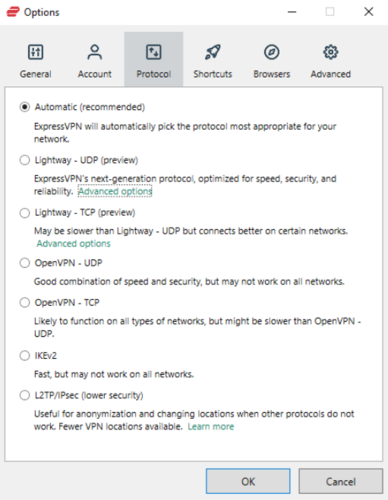
Why are VPNs blocked?
VPNs are blocked for several reasons, each depending on the goals of the entity implementing the block:
- Censorship: Some governments block VPNs to control what information their citizens can access, especially in countries with strict internet censorship laws. This helps them prevent access to international news sites, social media, and other platforms that might offer dissenting views.
- Content Licensing: Streaming services like Netflix or Hulu use VPN blocks to enforce regional content licensing agreements.
- Network Control: Schools, universities, and workplaces might block VPNs to control network usage, prevent unauthorized access to sensitive information, and ensure that users comply with their internet usage policies.
- Legal Compliance: In some regions, offering or using a VPN service without government approval is illegal. P
- Preventing Abuse: Online platforms and services might block VPNs to prevent abuse, such as bypassing bans, creating multiple accounts, or engaging in fraudulent activities.
What is the best VPN that can’t be blocked?
No VPN is entirely unblockable due to advanced detection methods and the constant updates in blocking efforts. However, some VPNs are harder to block, thanks to features like obfuscation, which disguises VPN traffic, and a wide range of servers and protocols.
Based on our tests, ExpressVPN stands out. It has advanced obfuscation, lots of servers, and various protocols, making it hard to block.
Can a WIFI network block VPN?
Yes. It’s fairly common for public hotspots or corporate guest Wifi to place restrictions on what you can do with the service.
The reasons include a desire to charge you for a premium WiFi service, a desire to save bandwidth for more customers, and legal concerns.
Is implemented by a simple firewall that restricts outbound communication, typically to Web ports such as TCP 80 and 443.
It could also be a Web proxy that allows only Web browser traffic regardless of port. Your best bet is to see if your VPN supports TCP 443, or to use an SSL VPN or a cloud-based private access solution.
VPNs can be blocked, but it’s harder if they’re obfuscated
So, to wrap it up, VPN traffic can be easily located and blocked if needed. However, if you’re using a VPN with stealth (obfuscation) capabilities, it’s less likely to happen.
Obfuscation technology, whether it’s servers or protocols we’re talking about, is a great addition to regular services. It masks VPN traffic as regular traffic so that it’s harder to locate and restrict.
In conclusion, it can be possible to experience restrictions or blocked VPN connection depending on multiple aspects. As discussed here, you should look if your VPN has obfuscated servers and traffic masking tools.
Read our disclosure page to find out how can you help VPNCentral sustain the editorial team Read more


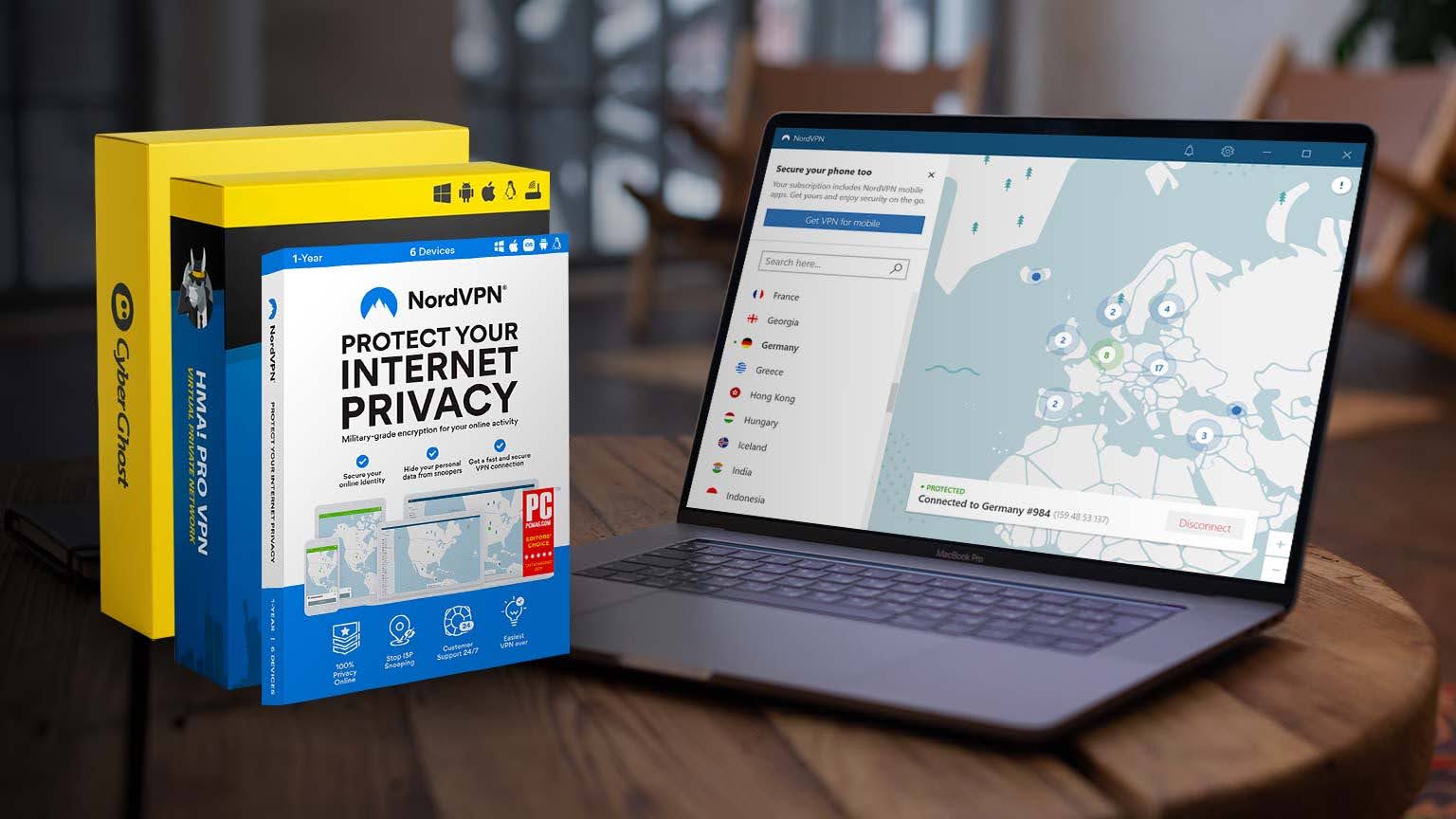
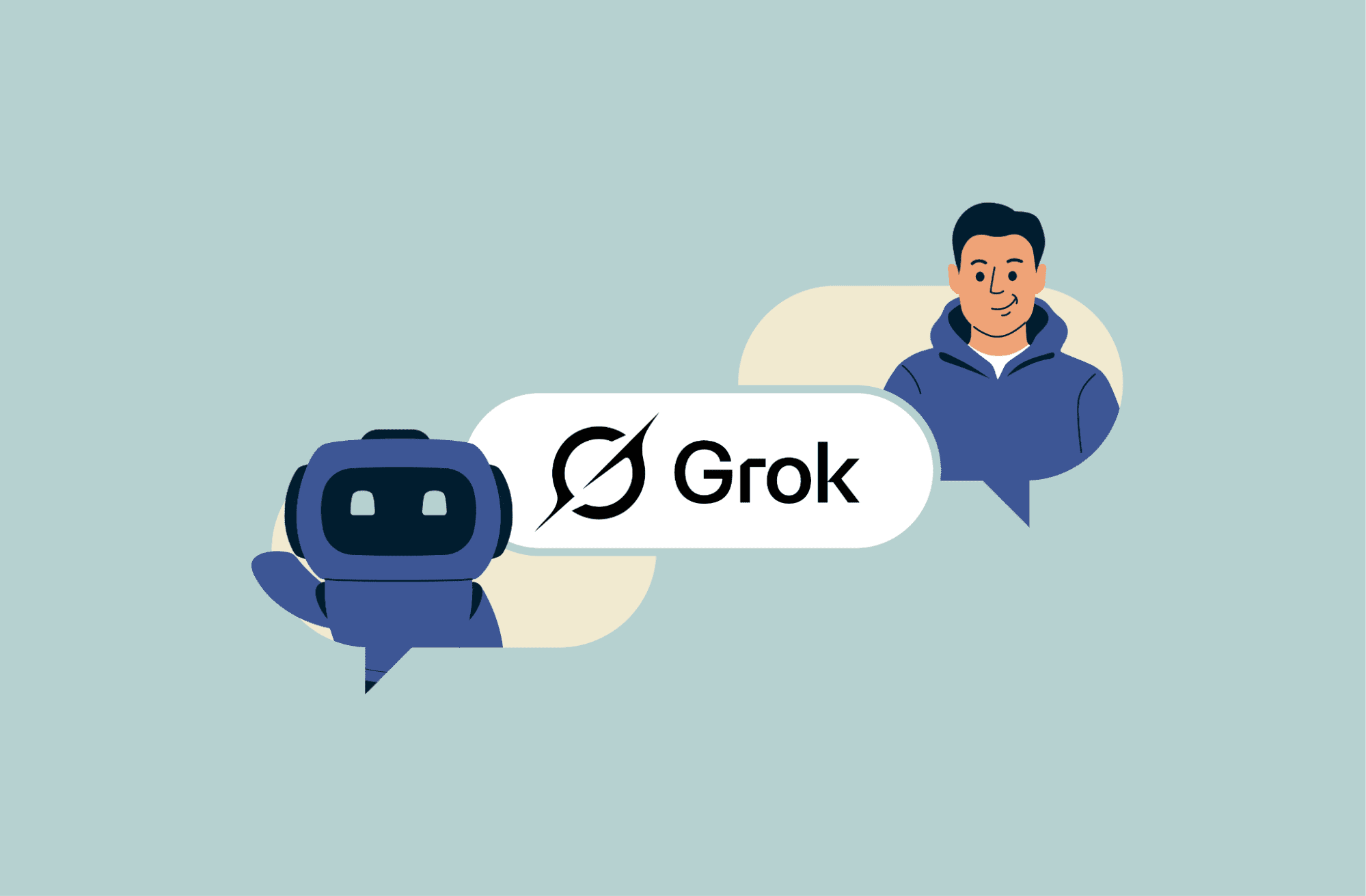
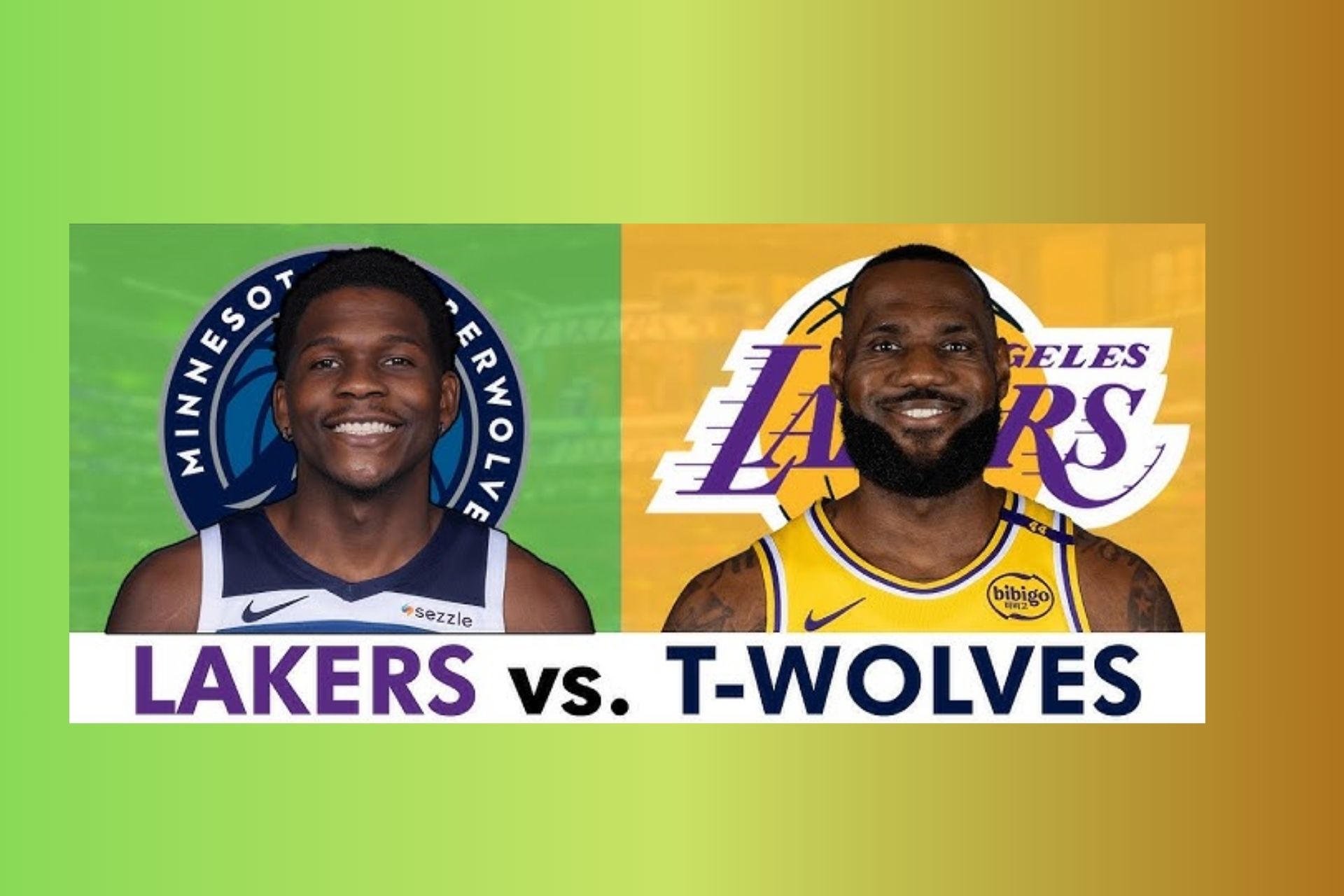
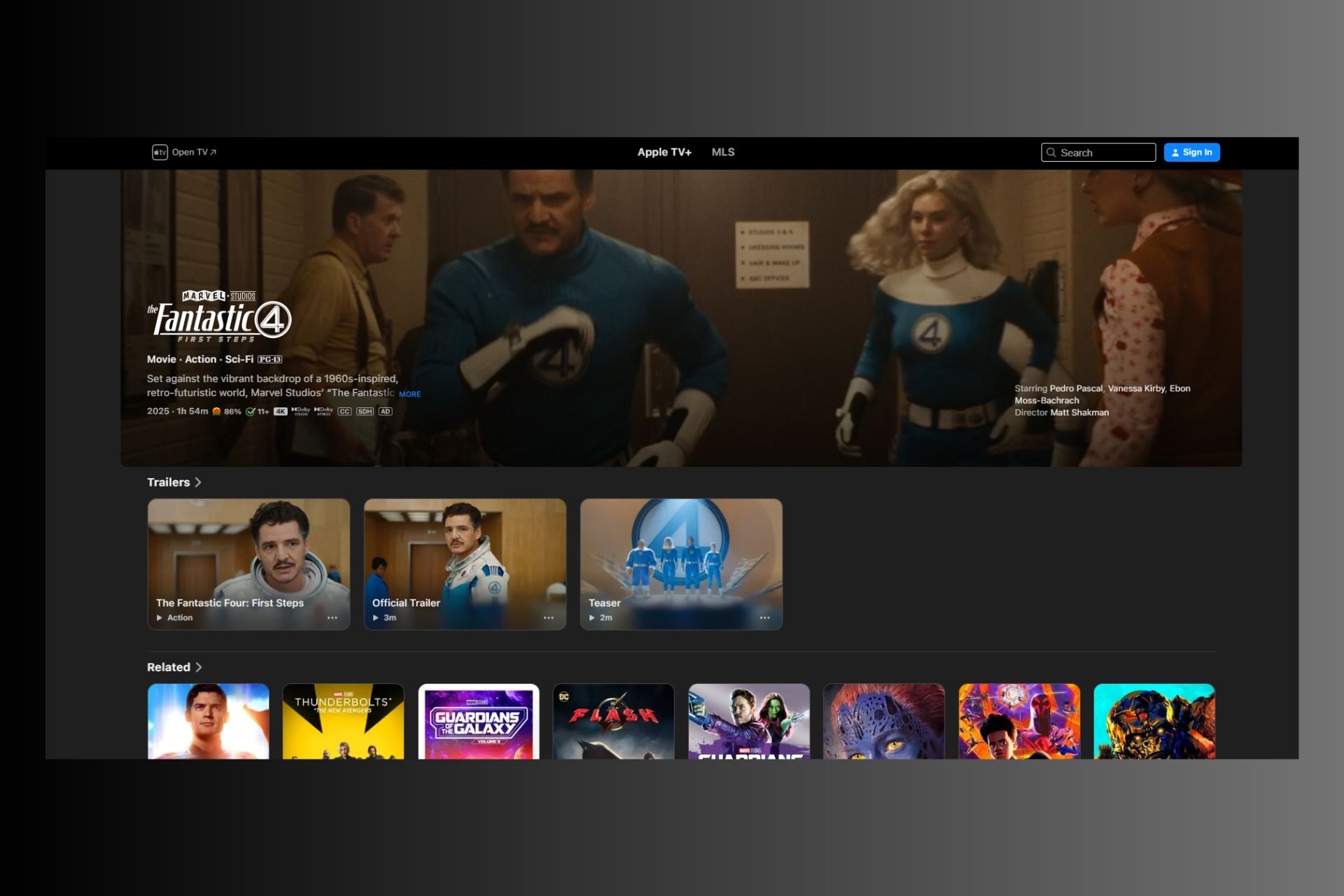
User forum
0 messages